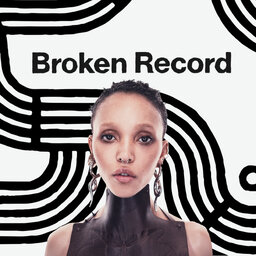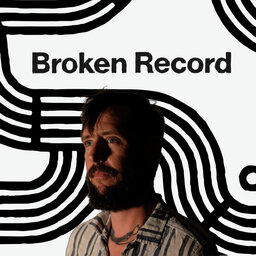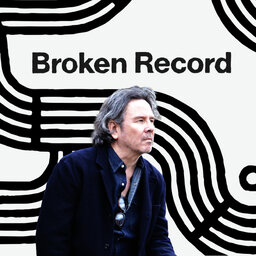FKA Twigs Heals with Magdalene
FKA Twigs and Rick Rubin dive deep into the creative journey that lead to Twigs’ stunning new album, Magdalene. They cover the physical and emotional trauma that inspired the album, how she found solace in the brilliant musicians she collaborated with on the record, and how FKA Twigs’ tireless attention to detail led her to make some of the most exciting music of her career.
Learn more about your ad-choices at https://www.iheartpodcastnetwork.com
 Broken Record with Rick Rubin, Malcolm Gladwell, Bruce Headlam and Justin Richmond
Broken Record with Rick Rubin, Malcolm Gladwell, Bruce Headlam and Justin Richmond


